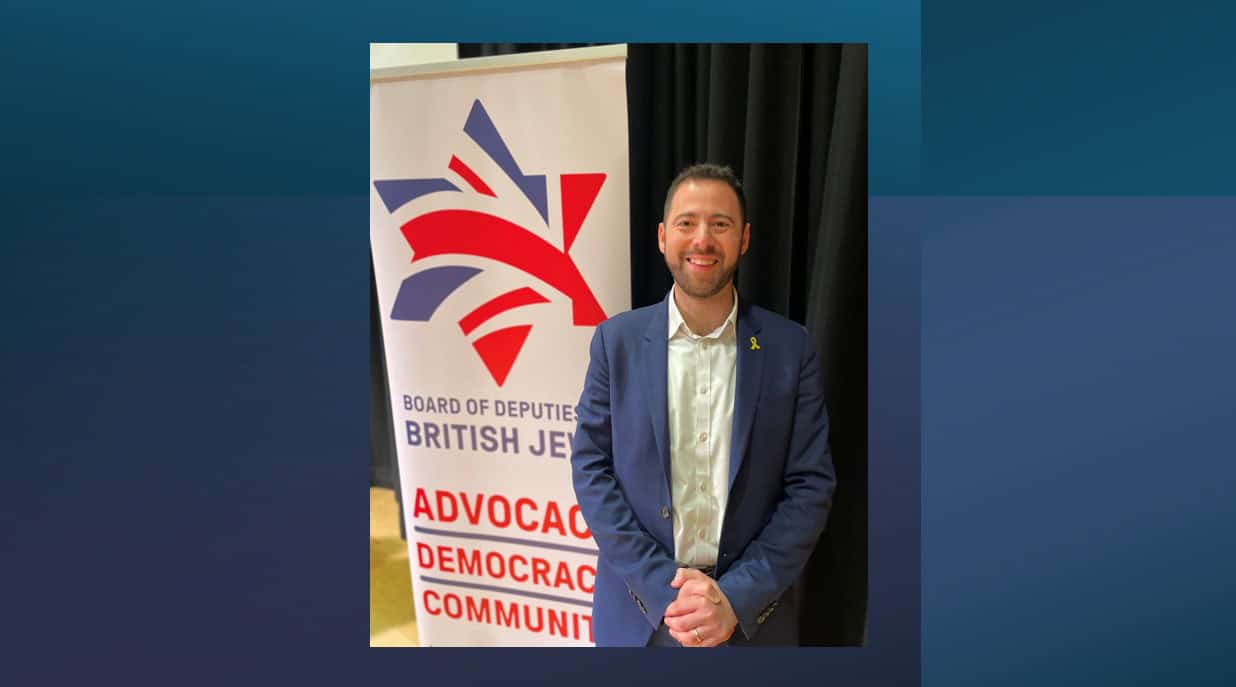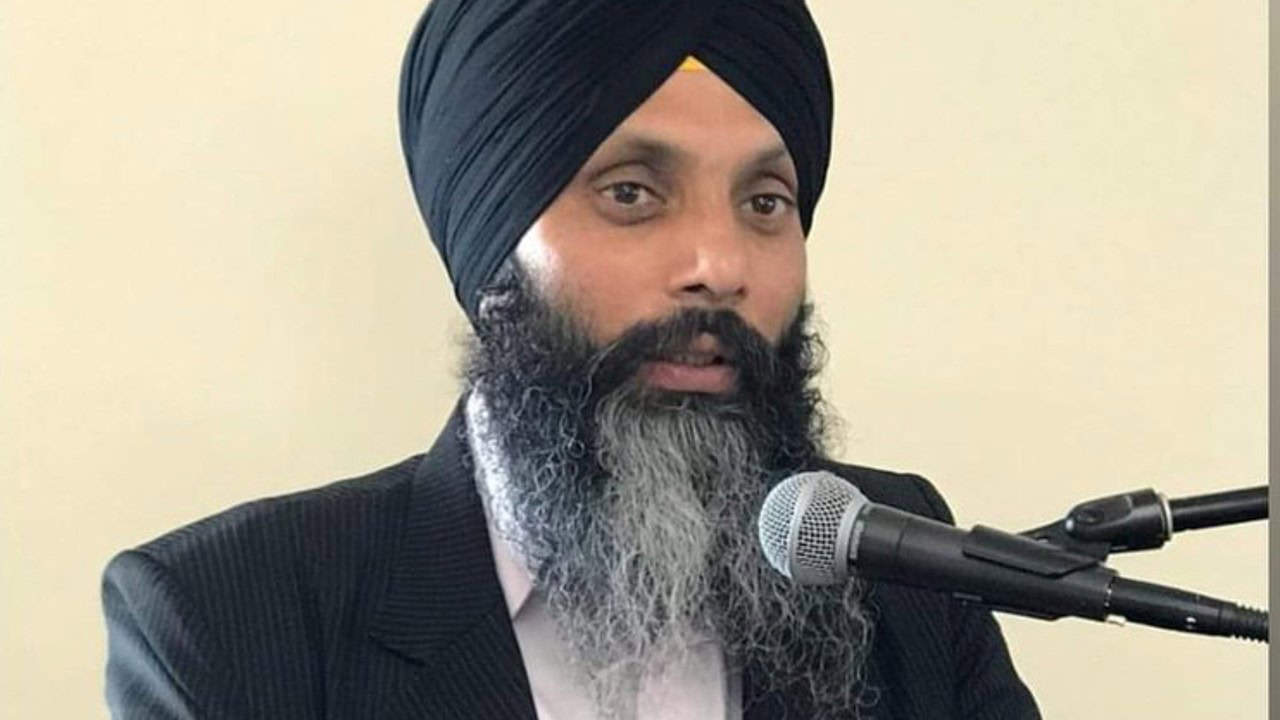By Lianne Kolirin
It seems fitting that Oasis Restore, a “revolutionary” take on child detention, is based on the outskirts of Rochester, the cathedral town in Kent long associated with Charles Dickens.
I can only imagine that the celebrated novelist whose work exposed the social ills of Victorian society — among them juvenile crime and punishment — would have approved of the initiative.

The UK’s first secure school sets out to be “an innovative, new model of care for young people in the youth custody estate, where the aim is to improve outcomes for children”. Troubled young offenders — many accused of seriously violent crimes — will be met not with harsh and heartless retribution, but an ethos of “relentless love” and “healing”.
Oasis Restore is based on the same “custody estate” as where the revolutionary borstal system was established in 1902 by Sir Evelyn Ruggles-Brise, a prison reformer who believed young men were less likely to reoffend if they were trained in a trade.
There is no question that the time has now come for a radical overhaul of the system, especially given that 69 per cent of children in youth custody are known to reoffend in their first year of release.
There are currently just over 500 children in custody across England and Wales, according to the Ministry of Justice, representing an overall drop in the number of young people in custody in recent years. However, those in the secure estate are highly vulnerable, have committed more serious crimes and have a complex mix of needs.
According to a report published by the HM Inspectorate of Prisons in November 2023, 46 per cent of children in custody reported feeling cared for by staff, while 32 per cent said they did not have a single member of staff they trusted to help them if they had a problem.
Many of those questioned revealed that they spent most of their sentences locked up alone in their cells with “very little human contact”. The report stated: “Despite employing hundreds of staff and dozens of managers, most sites are unable to deliver one meaningful conversation with each child a week.”
The chief inspector of prisons, Charlie Taylor, concluded that it was therefore unsurprising that only 55 per cent of children thought their experiences of custody would make them less likely to reoffend.
Back in 2019, the Ministry of Justice (MoJ) appointed the Oasis Charitable Trust, set up and run by the Rev Steve Chalke, a Baptist minister, to run the country’s first secure school.
Although Oasis had no previous experience in the field of youth detention, its education credentials were second to none.
At the time of its announcement, the Ministry of Justice said: “Three-quarters of Oasis academies operate in the UK’s most deprived areas and most were rated by Ofsted as failing at the time they were taken over. The organisation has overseen a turnaround whereby 80 per cent are now rated as good or outstanding.”
Yet Oasis Restore represents a completely different challenge as it seeks to rehabilitate some of the country’s most vulnerable young people. At capacity, the school will cater for 49 children aged between 11 and 18. They will include those sent here on remand and those sentenced by the criminal court system.
It was given charitable status after new legislation received royal assent in 2022. As a result, the site is registered as both a 16-19 academy and a secure children’s home, which means it will be regulated by Ofsted and by the Care Quality Commission.
The building is not new but had to be “radically remodelled” to meet Ofsted’s high standards. When asked about the cost of the refit, a government spokeswoman said that the “published cost” was £41.8 million.

A view from the outside leaves visitors under no illusions about the “secure” nature of the site. It is set well back from the main road, alongside the Cookham Wood young offender institution, and on the site of the former Medway Secure Training Centre, where systemic abuse was uncovered by an undercover team from BBC’s Panorama in 2016. Walls are high, doors are locked and cameras are everywhere.
But the picture inside is rather different. Windows are not barred but made from unbreakable reinforced glass. There are teachers rather than guards. They do not wear uniform, nor do they carry jangly bunches of keys, instead wearing discreet armbands to open the many doors.
Much care and consideration has been given to the look and feel of the place, according to Steve Chalke, whose team has conducted extensive research into youth detention facilities and the outcomes for those incarcerated there.
“What we are trying to create is as homely an environment for them to live in as possible,” he told the Religion Media Centre on a visit to the site.

Living quarters look not dissimilar to student accommodation with rooms divided between three main blocks: mountain, river, forest. Everything has been risk-assessed, including the furniture. There are no sharp edges and tables and chairs have been filled with sand to weigh them down.
Shared flats with up to six beds each comprise en-suite bedrooms alongside communal kitchens and living areas. Residents will be under constant supervision, yet they are afforded privacy with bedroom doors lockable from the inside. Each bedroom is equipped with a computer behind a screen, enabled for music, TV, telephone calls, but not the internet.
I can already imagine screaming tabloid headlines labelling this soft justice, but that would be to completely miss the point, Mr Chalke believes.
“We are beginning from a place not of punishment but of healing,” he says. “Everything in life for us all is either wounding or healing. Every relationship, every encounter.
“The punishment of children is obviously wounding but has persisted in our culture — a view that we can hurt someone to heal them. But we all know that doesn’t work. We are about restoration not retribution.” That says, it is vital to remember the purpose of this site.

“These are not kids who have stolen stuff from Tesco,” he explains. “Most of them have committed serious violent crimes. Murder, manslaughter, attempted murder. They are a danger to others and a danger to themselves.”
While there is nothing overtly religious or faith-based about the day-to-day operation of Oasis Restore, which will build up slowly to full capacity in about 18 months, the foundations are clear.
Though far from headline stuff, its website states: “The overall vision for every part of the Oasis trust is for community. A place where everyone is included, contributing, and reaching their God-given potential.”
Mr Chalke recalls being asked what the exclusion policy would be at Oasis Restore. Laughing, he says: “These children have been excluded. We are the inclusion for those who have been excluded. There are no exclusions from here.”
Their remit, he said, was “completely new”. It was the “abandonment of a penal approach and adoption of a healing approach”. The aim was to provide “therapeutic and integrated care” for children, which would give them access to healthcare, education, belonging and hope.
Overall there will be 222 full-time equivalent staff of which 20 will be teachers and 136 will be “restore practitioners”. Others, including healthcare workers, catering and facilities staff, are also part of the workforce. Overall the ratio of staff to students will be 2:1 across the site.
A multi-disciplinary team of healthcare experts will be on hand, thanks to the initiative’s partnership with the Central and North West London NHS Foundation Trust. Meanwhile, a timetable of intensive therapy and a meticulously planned curriculum will give children access to 14 hours of “meaningful activity” each day, according to the site’s management.
If it all sounds a bit touchy-feely, rest easy: Mr Chalke is under no illusions. “When a young person is sentenced by a court and they arrive here, they will not trust anyone who works here. Of course they won’t — their liberty has been restricted as they come through those gates,” he said.
“The only way to win people’s trust is through love and through being there and through time. This place, at its heart, is about relationships that build trust. In our society what we do is we try to change behaviours but we can’t change behaviours unless we deal with the drivers of behaviours.”
Therapy is key to this process, as is education. Class sizes are kept very small and though the view beyond their windows offers little more than a grassy courtyard, they are encouraged to expand their horizons through learning and developing vocational skills and interests.

There is a gym, a library, workshops for construction, design and technology, two music studios, a culinary studio and more. The ethos is not simply about righting the wrongs of the past, but working towards a positive future. Families will be encouraged to maintain regular contact and visit, while intensive support will be given to the many pupils who are expected to have complex additional needs.
There is no indication of how long it will be before the first young person arrives but those behind Oasis Restore are hopeful it should be a case of weeks rather than months. While the identities of those who will come here are unknown – and some may not have even committed the crime for which they will be held yet – the expectation is that they will mostly be older teenage boys.
Addressing the official opening, Edward Argar MP, minister for prisons, parole and probation, said: “What I have seen today is genuinely the first of its kind in this country. Oasis Restore will give them a chance to make positive life choices in the future. When they are released from here they can take up a positive and constructive life story and a life path that isn’t just right for them but for society as well.”
Mr Chalke, who was ordained a Baptist minister in 1981, founded the Oasis Trust in 1985 to set up housing, healthcare and educational projects. The trust now runs 54 academies across England.
He did not explicitly mention the notion of faith or religion, but there is no doubting his background. Oasis Restore, he said, is the “most joyous thing that’s happened to me … The whole of the experience here is an educational learning experience and it’s a healing experience.”
“Our strategy is relentless love. Everything you will hear, everything you see and the whole conversation here is just a magnification of relentless love. Love means you sit down and you talk with a child and you know that they will spit at you and reject you but you are demonstrating ‘I’m here’ and they are testing out whether you really are there for them.”
He added: “They are not one of 49, they are not a case. Every child that comes here, in my language, is holy, sacred, and that’s what they need to discover because only that ever sets anyone free.”









